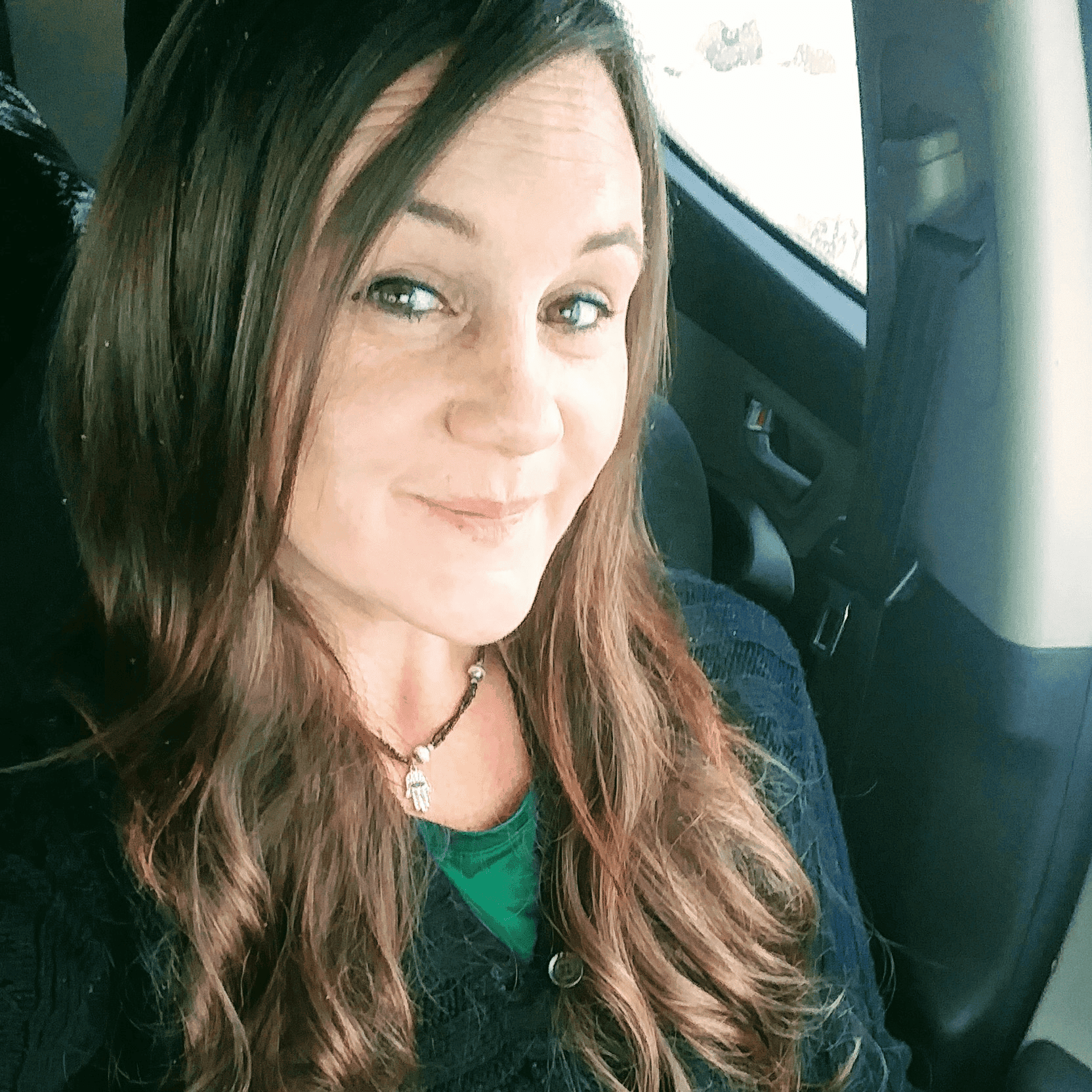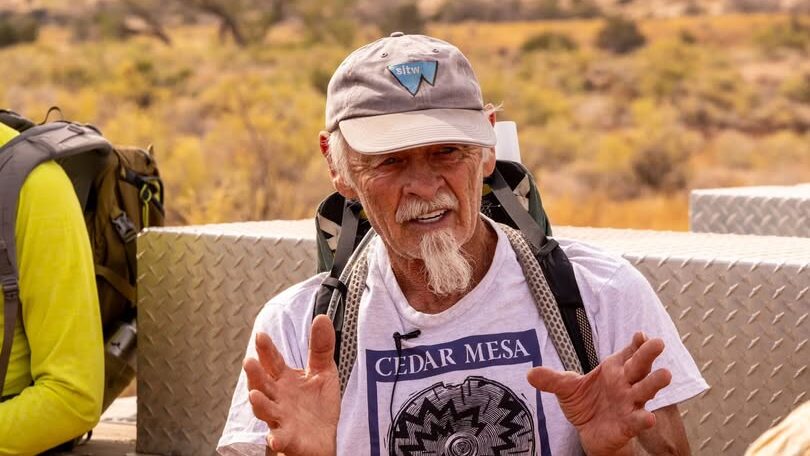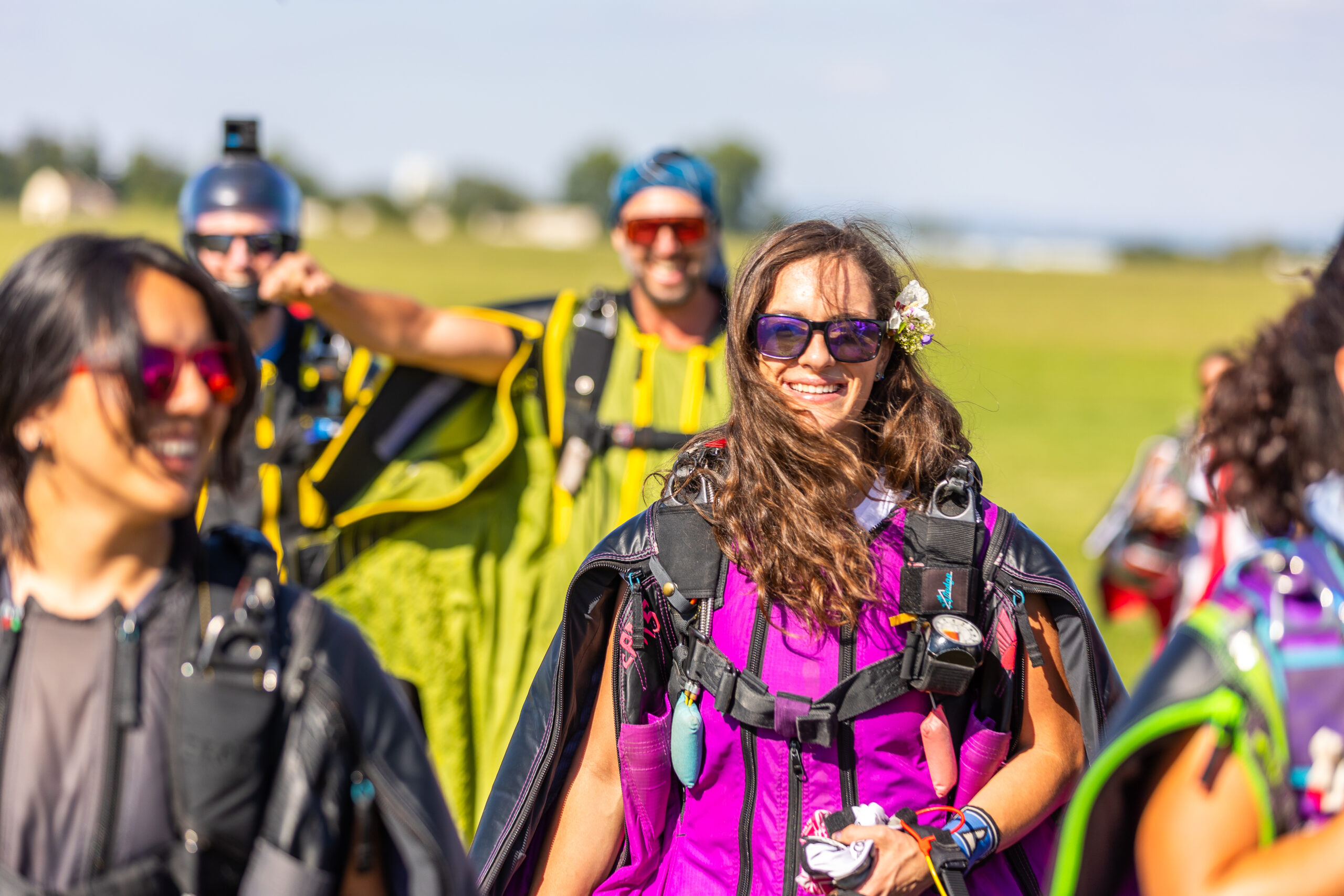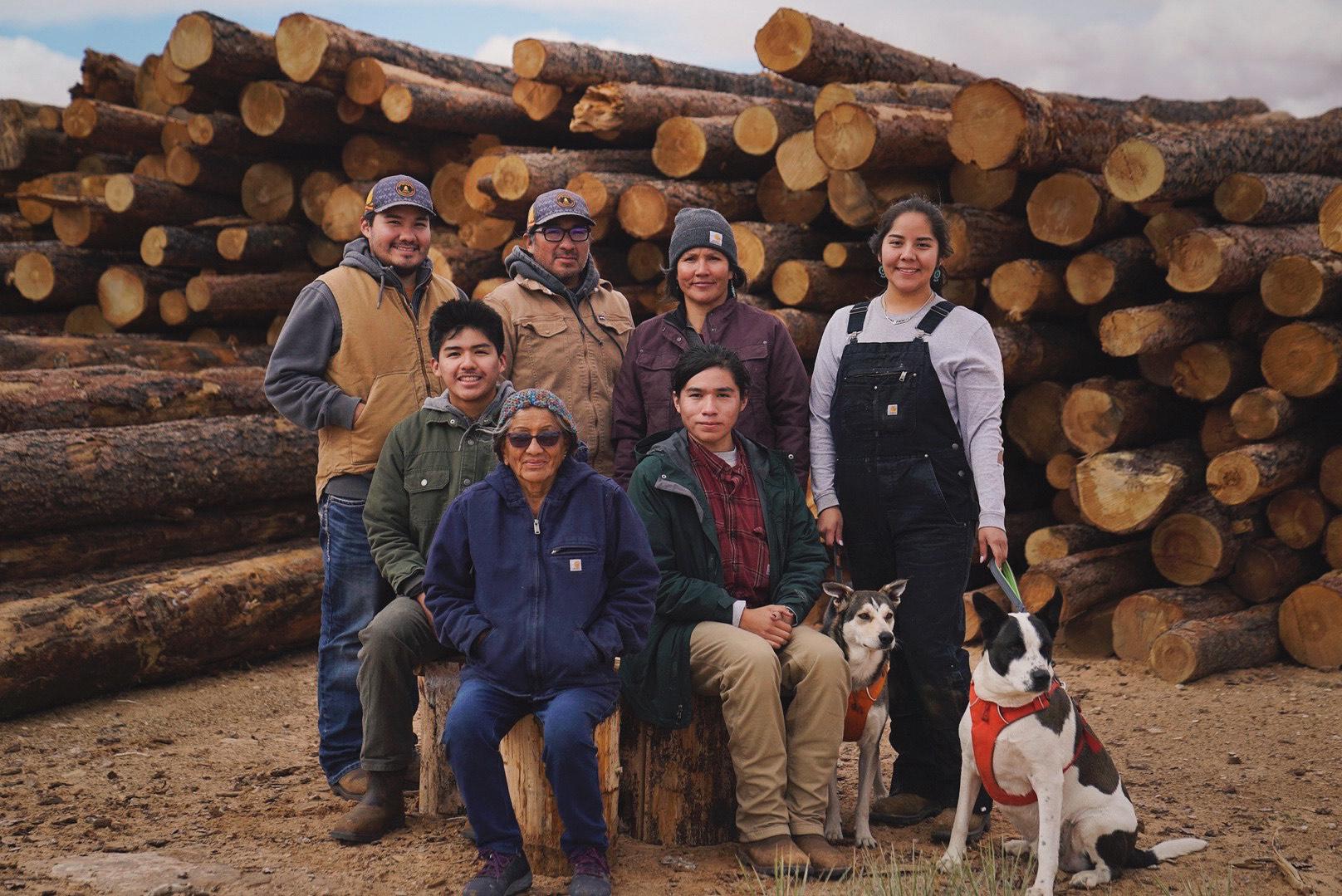Some information may be outdated.
“You’re never alone.”
That’s the message that Lanette Denton, a certified peer support specialist with Utah Support Advocates for Recovery Awareness, has for anyone dealing with addiction.
While the pandemic has eliminated many in-person recovery support meetings, it has led to an increase in the number and variety that are held online.
“This is the best thing to come out of COVID,” Denton said. “All these resources opened up.”
Moab currently has one in-person support meeting run by USARA. Coffee and Recovery meetings are held on Saturday mornings at 10 a.m. in the yard of the Moab Valley Multicultural Center (156 N. 100 West).
The group, based in Moab, also holds numerous meetings over Zoom, such as Recovery Dharma, which includes Buddhism-based meditations and other groups for specific populations such as women and young people. A full list is available on the USARA website at www.myusara.com/resources/online.
Denton strongly recommends that persons who are struggling with addictive behavior (including that of a loved one) seek out support either from a group, individual services like what she provides, or both.
“Reach out and surround yourself with people who can support you,” she said, promising “no judgment” because “we’ve been there.”
Everybody who works in USARA is in recovery themselves, and all of USARA’s services are free. Denton said she helps her clients “in every aspect in which they need support” including life skills like how to gain and maintain employment. She accompanies her clients as they go through stressful situations like court and Department of Child and Family Services meetings.
Denton said that as a person in long-term recovery, she remembers what it was like when she was first making positive changes in her life, and how much it meant to have “somebody who was willing to sit through stuff with me, and go through it with me, so I didn’t have to go through it alone.” She became a peer support specialist because she wanted to be that person for others.
There are two other certified peer support specialists serving Moab in addition to Denton. One is Molly McGann, who hosts virtual Community Reinforcement and Family Training, or CRAFT, meetings on Thursday evenings. The other is Heidi Fuger, who is a part-time recovery coach.
Denton said that USARA is “desperately” looking for its own building to house its recovery services. USARA is currently housed within Four Corners Community Behavioral Health’s Moab clinic but is not a part of Four Corners services. Denton said she envisions a separate USARA location near the center of town that is accessible for persons with transportation and mobility issues.
Denton added that another crucial service USARA provides is free NARCAN, which may counteract the life-threatening effects of an opioid overdose. Those interested should contact Denton. Denton may be reached by calling or texting 435-210-0952 or via email at ldenton@myusara.com.
More information on USARA is available at www.myusara.com and on the USARA-Moab Facebook page.
USARA offers wide range of virtual recovery groups
When: Saturdays at 10 a.m.
Where: Moab Valley Multicultural Center (156 N. 100 West, Moab)
Cost: Free
More info: myusara.com/resources/online
Contact: 435-210-0952, ldenton@myusara.com
Appreciate the coverage? Help keep local news alive.
Chip in to support the Moab Sun News.





